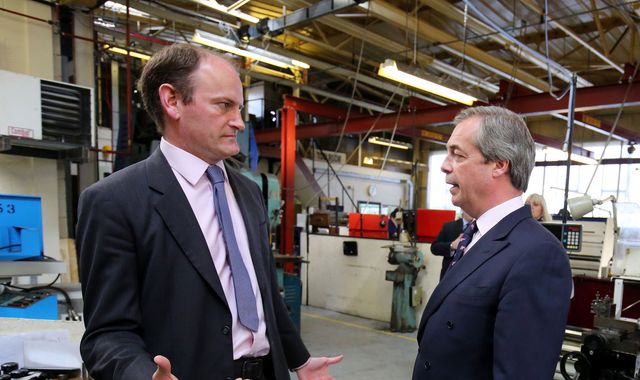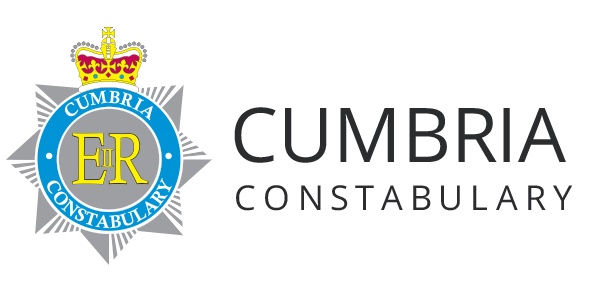With Douglas Carswell gone, what’s next for UKIP?
Written by News on 26/03/2017
Douglas Carswell had two reasons for joining the UK Independence Party.

One was to force David Cameron to hold a referendum; the other was to help create a Eurosceptic message that could win the referendum.
As far as he is concerned, it’s "job done".
The future of UKIP is "not my problem", he told me.
Back in 2014, he and other Conservatives identified what they dubbed as "the Farage Paradox".
They observed that success for UKIP seemed to correspond with a drop in the wider population wanting to leave the EU.
This was notable in 2014 when UKIP won the European elections, yet voters’ approval for remaining in the EU had risen.
They concluded that Nigel Farage was off-putting to Conservative and Labour voters who were needed to win a referendum.
Mr Carswell decided that by joining UKIP he could apply pressure to Mr Cameron to keep his promise to hold the EU referendum, while at the same time helping to "detoxify" UKIP.
However, after becoming a UKIP MP, Mr Carswell and others worked to create a mainstream Leave campaign that would eventually find its figureheads in Gisela Stuart, Michael Gove and Boris Johnson.
He became a part of Vote Leave and helped it gain the Electoral Commission’s designation as the official Leave campaign, against his own party leader’s group Leave.EU/Grassroots Out.
Needless to say Mr Farage didn’t approve, and doesn’t agree with the "paradox" theory.
His research suggested he was the most trusted voice on Europe.
Many within the party regarded Mr Carswell’s take on the former leader as divisive and disruptive.
On Monday, Mr Carswell was due to face questions from the national executive over whether he had joined the party in an attempt to sideline Mr Farage during the referendum campaign.
Mr Carswell admitted as much today.
In an interview, I suggested that he always thought Mr Farage had the wrong message.
He replied: "Well, with some degree of accuracy. In order to win a referendum you need 17.5 million votes, UKIP got less than 4 million (in the General Election)."
The truth is that UKIP and Mr Carswell had out-used each other even before the Brexit result.
His departure, at this stage, is fairly meaningless.
The wider question is whether it is "job done" for the party.
Victims of their own success, the Brexit victory has given them very little to do.
New leader Paul Nuttall, brought in to unify the party, is struggling to heal its divisions.
He spectacularly squandered his first opportunity to gain a seat in Parliament, losing to Labour in the by-election in Brexit-supporting Stoke-on-Trent.
He says Mr Carswell was "never a comfortable Ukipper", but his departure does leave UKIP looking like a party that is receding back to the fringes.
Mr Nuttall says UKIP is needed to "police Brexit", but Theresa May appears to be delivering his party’s manifesto promises.
One senses Mr Carswell may change back to his old colours come 2020.
He said: "I was a little doubtful about Theresa May to start with, but all of these doubts have gone.
"I think she is the real deal."
(c) Sky News 2017: With Douglas Carswell gone, what’s next for UKIP?






